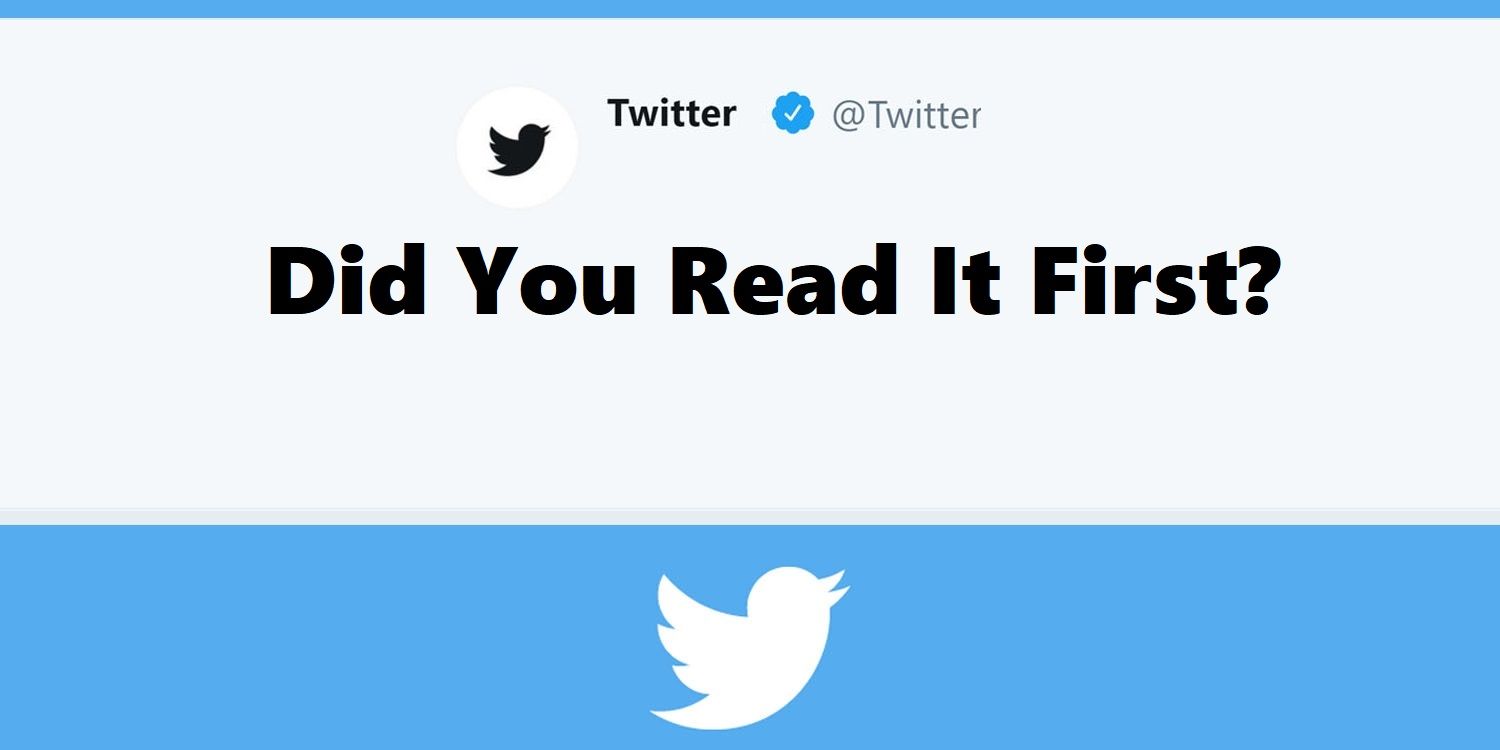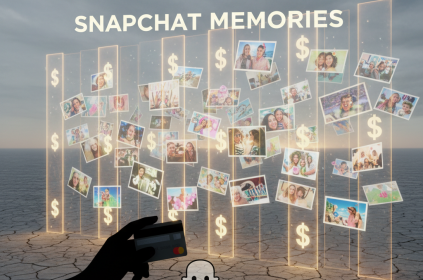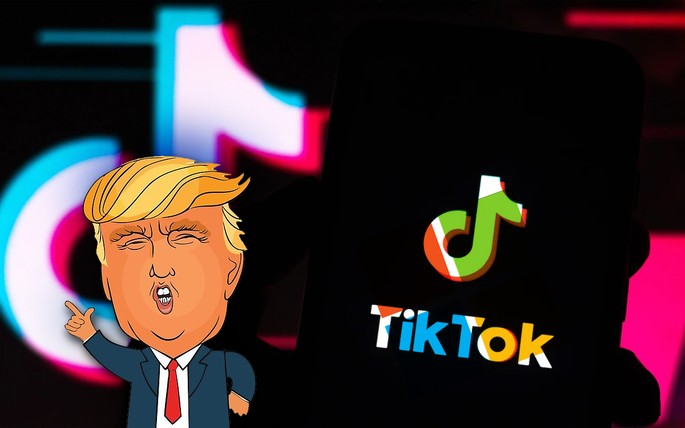Hold on, fella! Just before you push that button, are you sure you want to share that information?
This is one question that social media users need to be asked frequently.
Thankfully, Twitter has decided to start asking.
According to a recent report by Statista, social media is currently the least trusted news source globally.
The report also shows that 74% of readers worldwide are worried about the transfer of false information regarding the COVID 19 virus.
It’s a common trend among social media users to share anything that catches the eye.
Most users care less about the credibility of shared information.
As long as it comes with a nicely worded headline, they’d be more than happy to share.
This subject has been a significant cause of concern for a long time.
The ease of sharing such information and the adverse effect on consumers has caused several organisations to consider tackling it.
https://twitter.com/TwitterComms/status/1309178716988354561?ref_src=twsrc%5Etfw%7Ctwcamp%5Etweetembed%7Ctwterm%5E1309178718456221696%7Ctwgr%5Eshare_3&ref_url=https%3A%2F%2Fmashable.com%2Farticle%2Ftwitter-ask-retweet%2F
Twitter has a plan
Since June, Twitter has had its sleeves rolled up.
It started working on a new feature to help address the subject.
Thankfully, the company seems to have made headway.
Twitter says it’s quite satisfied with the results got from the tests so far.
Hence, in no time, it will deploy the feature on its app globally.
What’s this new feature?
The new feature is a pop-up pane.

The pane pops up when users attempt to retweet an article.
It does a simple job of reminding users that there’s more to a story than the headline.
Also, it suggests that users should read the article before retweeting.
Now, this is quite simple, right? Almost too simple.
It’s not what you’d expect to be the ultimate block for false news.
But, you’d be surprised at the effect that the last-minute reminder could have on social media users.
Especially those who would otherwise prefer to click away and retweet every single article with a fascinating headline.
It works!
While taking the test, Twitter reportedly found that people were 40% more likely to open and read the articles after getting the prompt.
Also, people who opened contents before retweeting increased by 33%.
Now, here’s the most exciting part.
Some people didn’t feel the article was worth sharing anymore after reading it themselves.
Now, this looks like good news to me.
Up-top Twitter! Threat averted.
ALSO READ: Twitter Audio DMs May Soon Be A Thing
Bear in mind that this test was carried out on a select sample audience.
Although the sample size is unknown to us, we believe that they are, to some degree, a representation of the millions of social media users around the world.
With these results, it is safe to say that we can expect a change of culture as soon as this feature rolls out.
Quite frankly, it’d be wonderful to see that happen.
Another plus to this is that it will encourage and improve literacy among young folks who are the typical users of social media platforms.
If users respond positively to the nudge to read the articles, they’d be learning a thing or two before sharing.
They’re making it user friendly
Twitter has no intention of being obstructive
They want to nudge you to read articles using the prompt – quite alright.
But, they are trying to ensure that the prompt doesn’t come in your way too much.
Therefore, they designed the prompt to become smaller after a user sees it for the first time.
Meaning, counting from the second prompt, every prompt will be on a smaller pane.
Throughout the year, Twitter has tried to battle news from unverified sources.
In recent times, they have flagged some of Donald Trump’s “misleading” tweets.
They have also hardened their COVID 19 related content rules.
Facebook, YouTube, and TikTok likewise, battled the spread of misinformation relating to the coronavirus earlier this year.
What do you think about Twitter’s new approach?
Let us know in the comment section below.


















 and then
and then